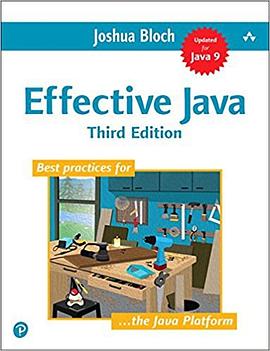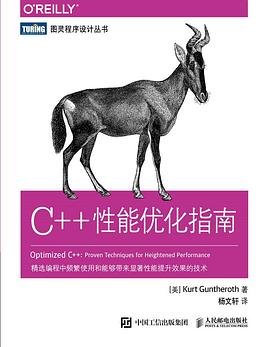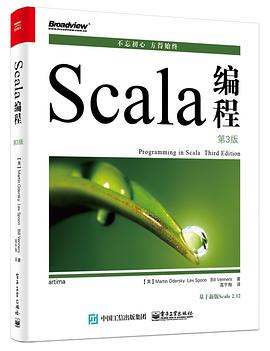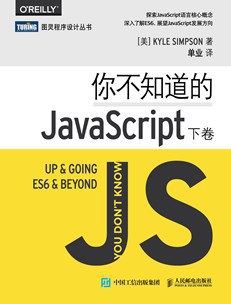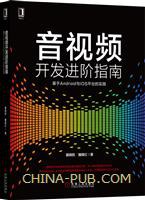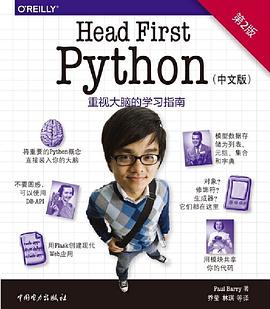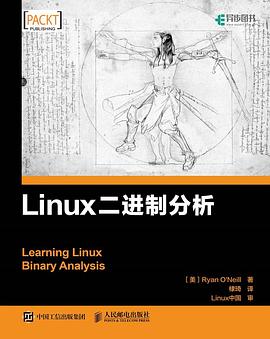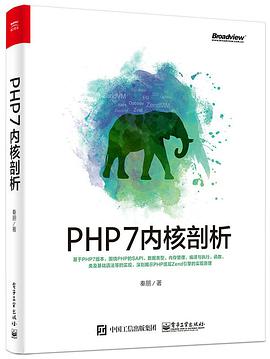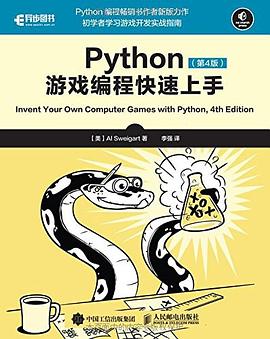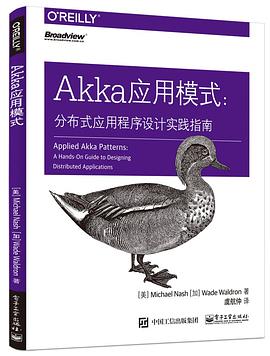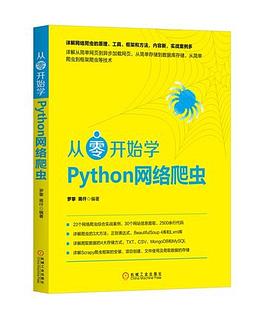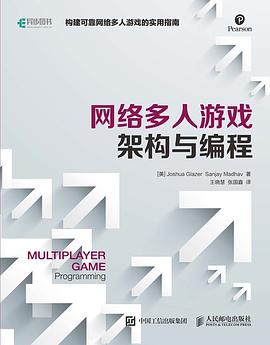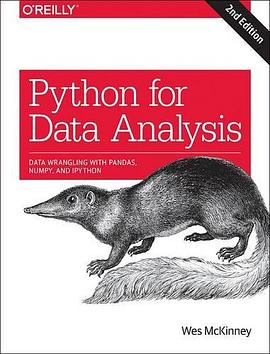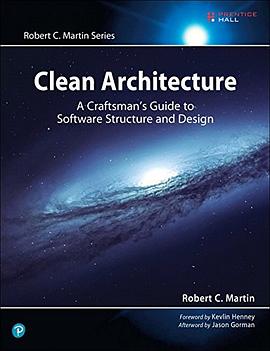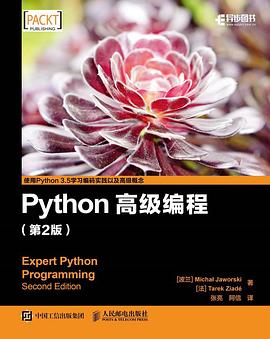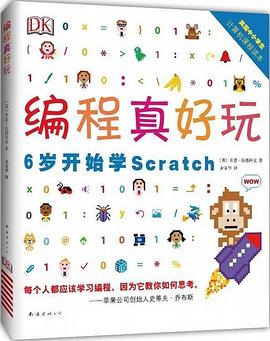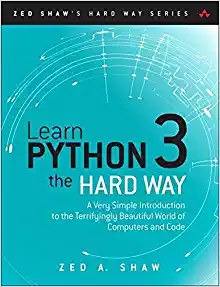
具體描述
Joshua Bloch is a professor at Carnegie Mellon University. He was formerly the chief Java architect at Google, a distinguished engineer at Sun Microsystems, and a senior systems designer at Transarc. He led the design and implementation of numerous Java platform features, including the JDK 5.0 language enhancements and the Java Collections Framework. He holds a Ph.D. in computer science from Carnegie Mellon University and a B.S. in computer science from Columbia University.
The Definitive Guide to Java Platform Best Practices—Updated for Java 9
Java has changed dramatically since the previous edition of Effective Java was published shortly after the release of Java 6. This Jolt award-winning classic has now been thoroughly updated to take full advantage of the latest language and library features. The support in modern Java for multiple paradigms increases the need for specific best-practices advice, and this book delivers.
As in previous editions, each chapter of Effective Java, Third Edition, consists of several “items,” each presented in the form of a short, stand-alone essay that provides specific advice, insight into Java platform subtleties, and updated code examples. The comprehensive descriptions and explanations for each item illuminate what to do, what not to do, and why.
The third edition covers language and library features added in Java 7, 8, and 9, including the functional programming constructs that were added to its object-oriented roots. Many new items have been added, including a chapter devoted to lambdas and streams.
New coverage includes
Functional interfaces, lambda expressions, method references, and streams
Default and static methods in interfaces
Type inference, including the diamond operator for generic types
The @SafeVarargs annotation
The try-with-resources statement
New library features such as the Optional<T> interface, java.time, and the convenience factory methods for collections
用戶評價
##Creating and Destroying Objects 1, Consider providing static factory methods instead of constructors Pros: Named methods Flexible: not required to create a new object each time invoked. Flexible: can provide an object of any subtype. Cons The class without ...
評分 評分 評分 評分##搞得我想對譯者進行人身攻擊 第16條第47條連大標題都翻譯錯瞭。第16條 In public classes,use accessor methods,not public fields。明顯是倡議使用訪問方法,不要直接暴露成員。結果標題翻譯成瞭要在公有類而非公有域中使用訪問方法,匪夷所思。我覺得就算讓初中生來翻譯結閤...
評分 評分 評分相關圖書
本站所有內容均為互聯網搜尋引擎提供的公開搜索信息,本站不存儲任何數據與內容,任何內容與數據均與本站無關,如有需要請聯繫相關搜索引擎包括但不限於百度,google,bing,sogou 等
© 2025 book.teaonline.club All Rights Reserved. 圖書大百科 版權所有

